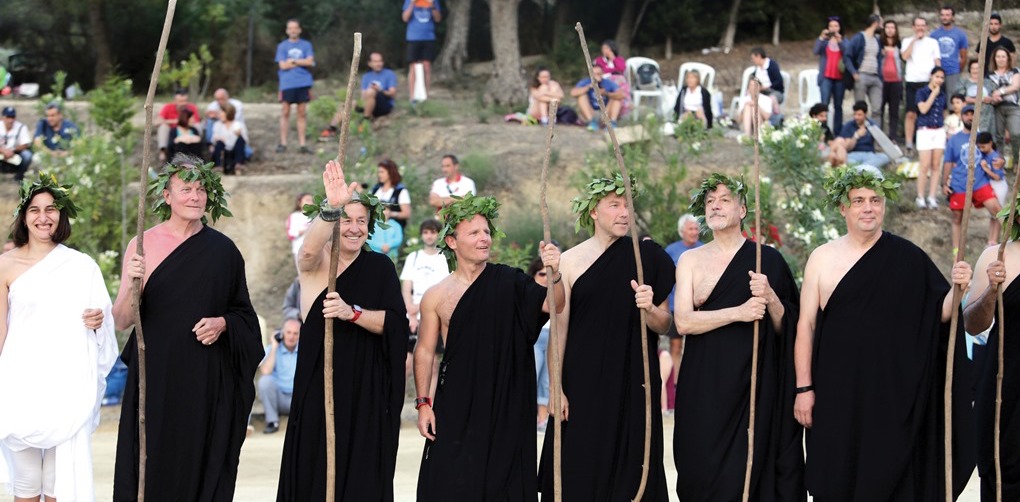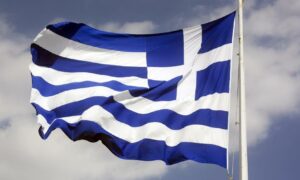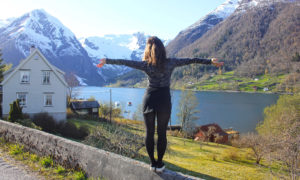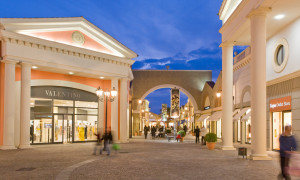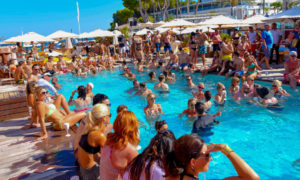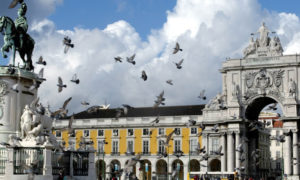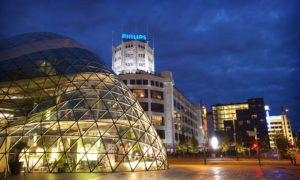(Editor’s note: Lynne Evans relocated last year to a village outside Corinth from Athens. So this is literally her back yard.)
Corinth, in the province of Corinthia, is about an hour’s drive from Athens. It is worth using the city where I live as a base for exploring the northern Peloponnese, as there are so many interesting places to visit in the vicinity.
4 places to visit near Corinth including 2 volcanoes
The obvious attractions are the archaeological sites of Ancient Corinth and the impressive fortress-city of Akrocorinth, but there are other places which are under the tourist radar.
Not many people know, for example, there is a dormant volcano, Sousaki, in the area. It’s close to the small town of Agioi Theodoroi, which is a few kilometres northwest of Corinth. There are some local tour operators that go to the volcano. These days it sometimes emits noxious gases, notably sulphur.
I live fairly close to the volcano, and locals say that we can smell these gases when the wind blows in the right direction. However, the oil refineries aren’t very far away either, and I think these produce the smell rather than Sousaki. You can hike up to the volcano, and, presumably follow your nose. The area is rocky, with some flora in the warmer months.
Having experience of these noxious fumes, I feel sorry for the pythia, the priestess of Apollo at Delphi. She dangled over a crater on her tripod and so had to breathe in the fumes that wafted out of it. It’s not surprising that her predictions were so enigmatic if she were under the influence of the fumes.
There is another volcano in the region, also dormant. This is Methana. As you will see via the map link, it is close to Epidauros. If you enjoy hiking, you can go up to the crater for wonderful panoramic views.
Nemea and Kleones
Today, Nemea is known for its wines. Kleones is also on the Nemean wine routes. There are a number of vineyards around Nemea, so if you enjoy a glass of wine, you should explore the area. You can see a directory of vineyards here, which include eco-tourism wineries.
In antiquity, Nemea was known for its lion, killed by Hercules. Hercules was given 12 tasks, or labours, to perform by Eurystheus, king of Mycenae and Tiryns, and killing the lion was his first labour. The rugged, hilly area around what are now the villages of Kleones and Nemea was terrorised by a lion which had supernatural powers as it was the offspring of Typhon and Echidna, who, according to legend, were the father and mother of all the monsters on Earth.
On his way to kill the lion, Hercules stopped at Kleones. He managed to kill the beast with his bare hands, as no weapon could kill the lion because its fur and skin were impregnable. He needed proof of his kill, so he needed the lion’s skin.
He couldn’t take its tough hide without the help of the goddess Athena. She told him to cut the lion’s hide with one of its claws or teeth, the stories are conflicting. Hercules used the skin as armour when facing danger.
Nemean Games
These games take place every four years, in the same year as the Olympic Games. This year, they take place from 26 to 28 June. The ancient site, of which the stadium is part, has yet to be fully excavated, and partly because of this, the races are run over a shorter distance than they were in ancient days. Victors are given ribbons at the end of a race and later are presented with a palm branch. The branches will remain with the winners until the games are over.
The olive wreath is not awarded to victors, instead they are given a chaplet of wild celery [Apium graveolens]. These days there are races for women and children, although athletes of the past were men.
Another difference is that in the past, the athletes were naked, but in today’s games they wear a loose tunic [chiton] tied with a belt, and sandals.
If you get a chance to see these games, you will discover more about the ancient games and their significance. There is the Footsteps of Hercules race which begins at Ancient Kleones, where Hercules stayed before battleing the Nemean lion, and ends in the Nemean stadium.
If you would like to participate in the Games, simply fill in a registration form which you can obtain from the official site.
Lake Vouliagmeni
This is one of the most beautiful lakes in Greece and is not to be confused with the spa of the same name close to Athens. Lake Vouliagmenis connects to the sea via a natural channel, and is surrounded by pine trees. You can relax on the lake shore or eat at one of the tavernas overlooking the lake.
After seeing the lake, many visitors head for the Cape of Heraion to view the lighthouse. The sunset is wonderful there. The ruins of a temple (built about 700 BC), dedicated to Hera are worth a visit too. Near the temple are the ruins of the agora, the ancient marketplace. You are never very far away from reminders of Greece’s past.
It is possible to see several of these places in one day, although you might want to take more time so that you don’t miss anything.
Loutraki
Perhaps you would like to stay in the spa town of Loutraki rather than in the modern town of Corinth. If you do, you will still be in the shadow of Hercules, who is alleged to have rested at the spa which is now Loutraki. The town itself is on the coast and is a good place to relax and escape modern city life.
Not many tourists know about several of the places highlighted in this post, so visit before they become too popular.
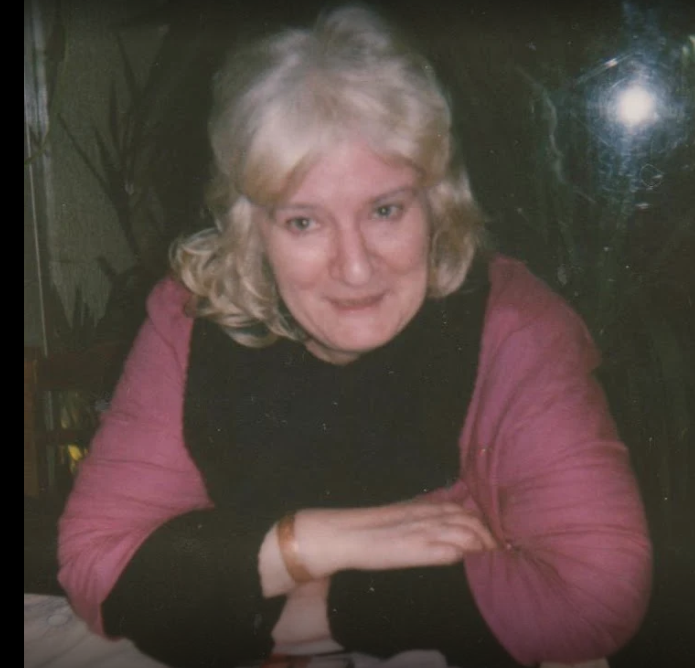
About the author:
Lynne Evans is originally from Wales but is an inveterate traveller. She is passionate about writing and feels compelled to write something every day. Lynne has visited many countries in Europe and South Asia. Working as a freelance writer gives her opportunities to travel.
She’s currently living in her favourite country, Greece, in Athens. In the past, she was always leaving Greece and then returning. This time she wants to stay.
Here are more of Lynne’s posts about her adventures in Greece:
Expat Essentials: Lynne Evans’s expat guide to moving to Athens
Lynne Evans in Athens: An expat’s misadventures in the Greek healthcare system
Lynne Evans on Greece wildfires: ‘We can’t keep destroying Athens’ environment’
Lynne Evans in Athens: More tips to navigating the expat life in Greece
Lynne Evans: The trials, tribulations and absolute pleasures of living in Greece
Lynne Evans: The unvarnished truth about living in Greece


